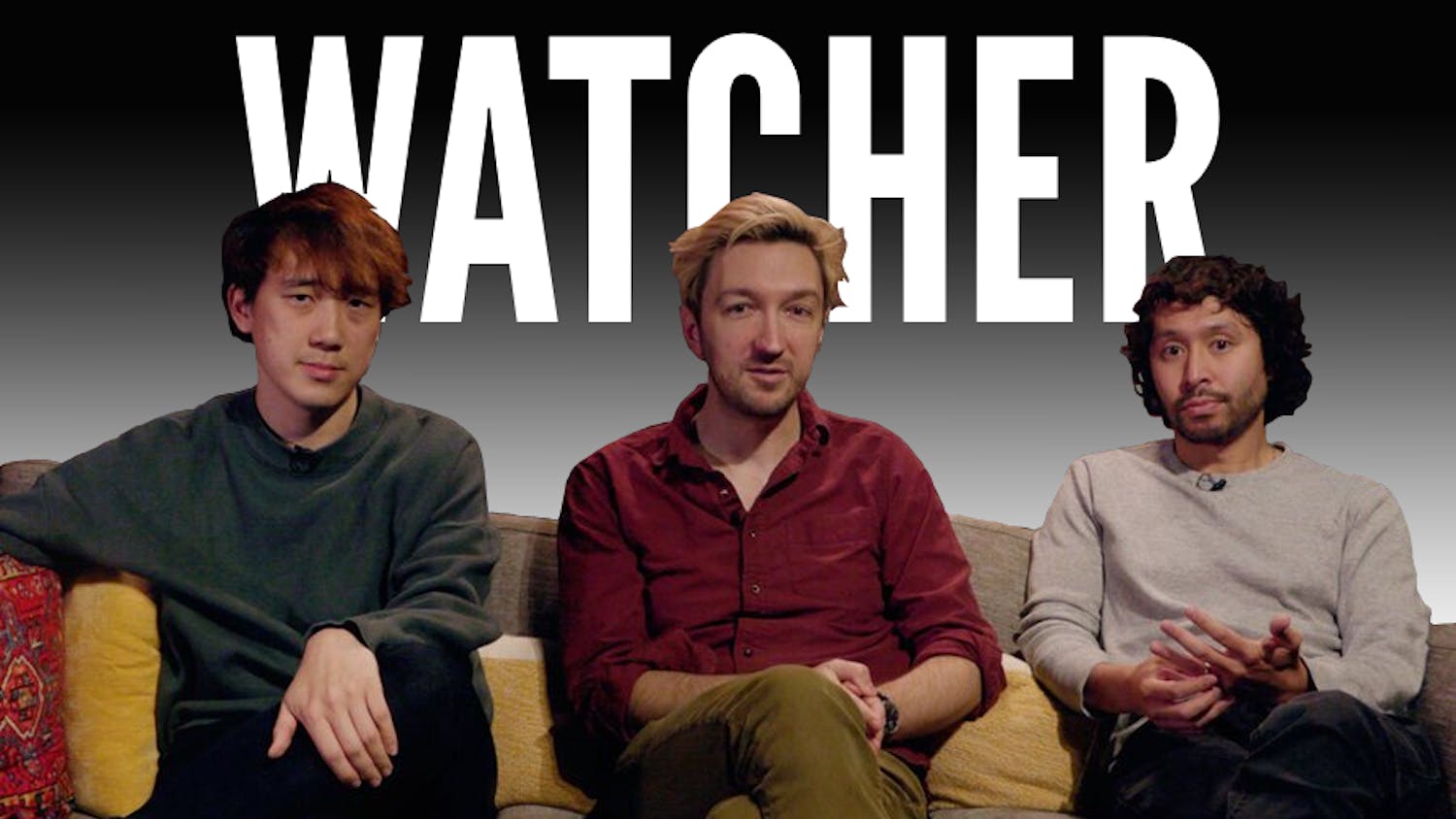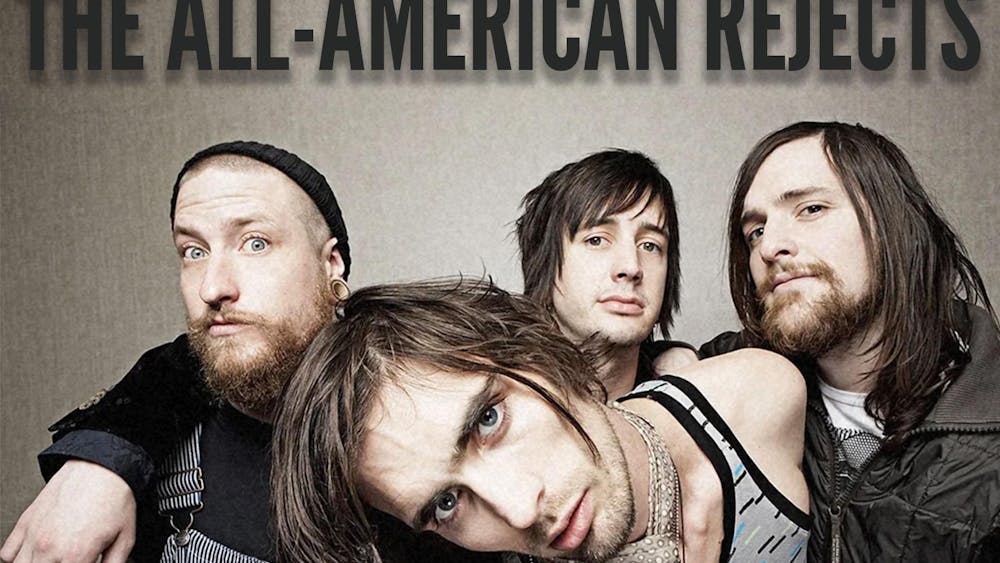
On Monday afternoon, Jay-Z assembled a cabal of A-list musicians in New York to announce the relaunch of Tidal, the Swedish streaming service he bought for $56 million earlier this year. The press conference and the accompanying promotional video had the star power of an Illuminati meeting framed with the significance of a historical event. Alicia Keys delivered a speech filled with the vague platitudes of a high school valedictory address, calling the day “a moment that will forever change the course of music history.” Then, all of the artists present went up one-by-one to sign a document commemorating the launch, as if they were the Founding Fathers signing the Declaration of Independence.
Tidal is being touted as the first “artist-owned” music platform and represents a growing pushback against the low payouts to artists from streaming services like Spotify. Jay-Z, Keys, Beyoncé, Madonna, Arcade Fire’s Win Butler and Regine Chassagne, Kanye West, Nicki Minaj, Daft Punk’s Thomas Bangalter and Guy-Manuel de Homem-Christo, Rihanna and Jack White are among Tidal’s founding owners, who all have an equal stake in the company’s equity.
“The challenge is to get everyone to respect music again, to recognize its value,” Jay-Z said in an interview with the New York Times. “Everyone knows that the pay system is unfair to artists.”
In one sense, Jay-Z is correct in his assessment that the Internet has conditioned listeners to expect music for free and that streaming services do not fairly compensate artists. Last year, Taylor Swift’s decision to pull her catalog from Spotify, which she classified an “experiment,” was well publicized. Scott Borchetta, the CEO of Swift’s label Big Machine, alleged the label received less than $500,000 from streams of Swift’s music on Spotify over a 12-month period.
Yet, it’s not Swift, or the artists onstage at the Tidal launch event, who are ultimately hurt the most by streaming services. Even with Spotify’s payout range — which the company states is between $0.006 to $0.0084 per stream — Swift was still receiving six-figure sums. It is the independent artists who receive nowhere near the number of streams as major-label acts who are hurt the most by streaming services’ devaluation of their music.
In addition to the involvement of artists, Tidal is attempting to carve out a niche for itself with a Neil Young-like obsession with high-fidelity audio and exclusive content. At its launch, these exclusives included Daft Punk's 2006 film “Electroma,” a video of the White Stripes’ first TV performance and curated playlists by Jay-Z and Beyoncé. Unlike Spotify, however, Tidal does not offer a free option — a “Premium” subscription starts at $9.99 per month, with a $19.99 per month tier offering higher sound quality.
Tidal foreshadows a splintering of content among different streaming services. It’s not difficult to image that Rihanna and West, who are both due to release new music this year, might make their albums available to stream exclusively on Tidal. Apple plans to launch a subscription service this summer and reportedly hopes to have a similar focus on procuring exclusive content. The idea of a single service that offers listeners access to nearly every artist’s discography on demand is likely to be threatened as these multimillion-dollar companies compete over the next few years.
For me, the act of buying and owning music, both physically and digitally, holds more appeal than ever. Even if an artist pulls their music from a service, you can still play vinyl on a turntable or an MP3 on your computer. Owning music is also an ideological act of supporting artists whose music enriches your life; it signals a conscious decision to recognize the work of artists whose music resonates with you on some level. Despite the ridiculously grandiose rhetoric surrounding Tidal, it nonetheless brings attention to the necessity of reimbursing artists for their work. Whether the service succeeds or not, it will hopefully continue conversations about fairly compensating musicians, especially independent artists, and what value music should have in the digital age.













